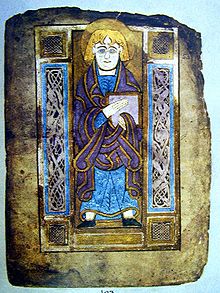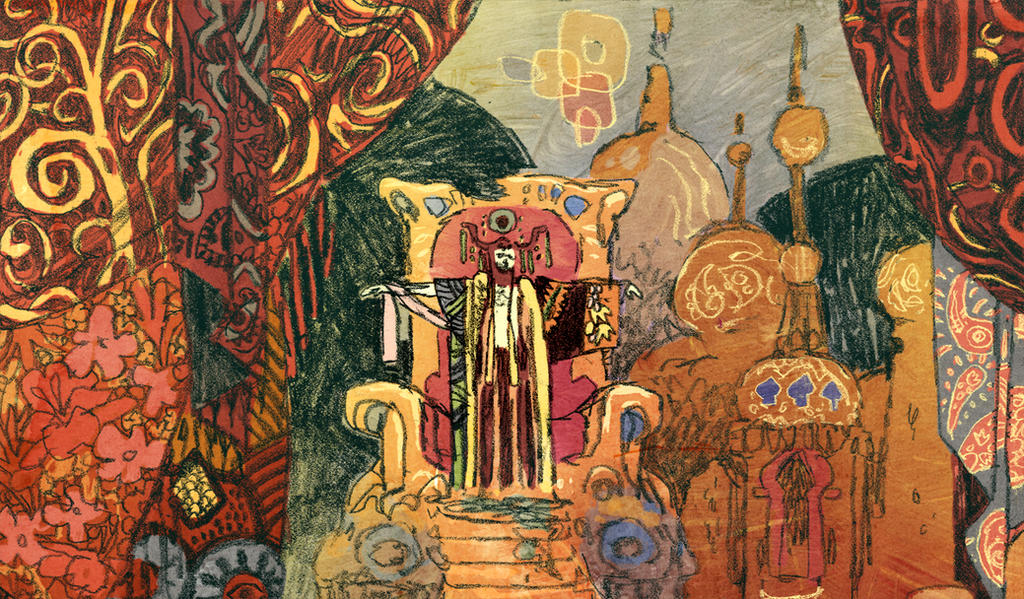Repose of Sleep
O God of life, darken not to me your light,
O God of life, close not to me your joy,
O God of life, shut not to me your door,
O God of life, refuse not to me your mercy,
O God of life, quench to me your wrath,
And O God of life, crown to me your gladness,
O God of life, crown to me your gladness.
Ancient Celtic prayer collected by Alexander Carmichael (1832-1912), published in Carmina Gadelica (Edinburgh: Floris Books, 1992). These are prayers, hymns, and incantations collected in the Highlands and Islands of Scotland in the 18th century.
Graphic: Close up of one side of the Celtic Rest. a sculpture in oak by Mary Mc Namara, outside Templegate Hotel in County Clare, Ireland.













